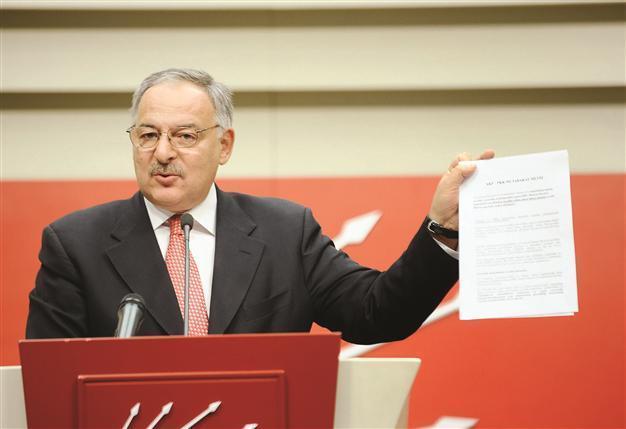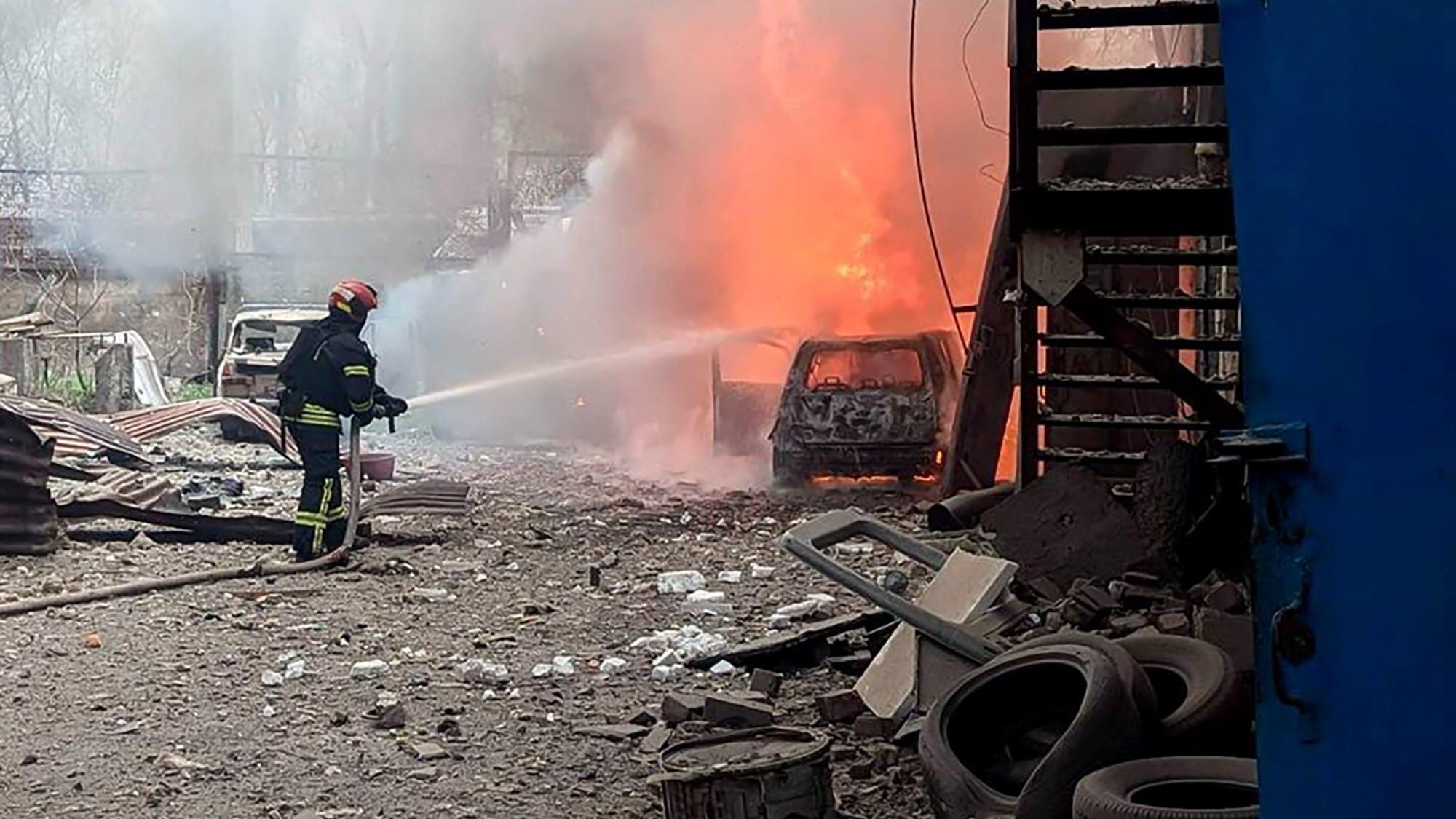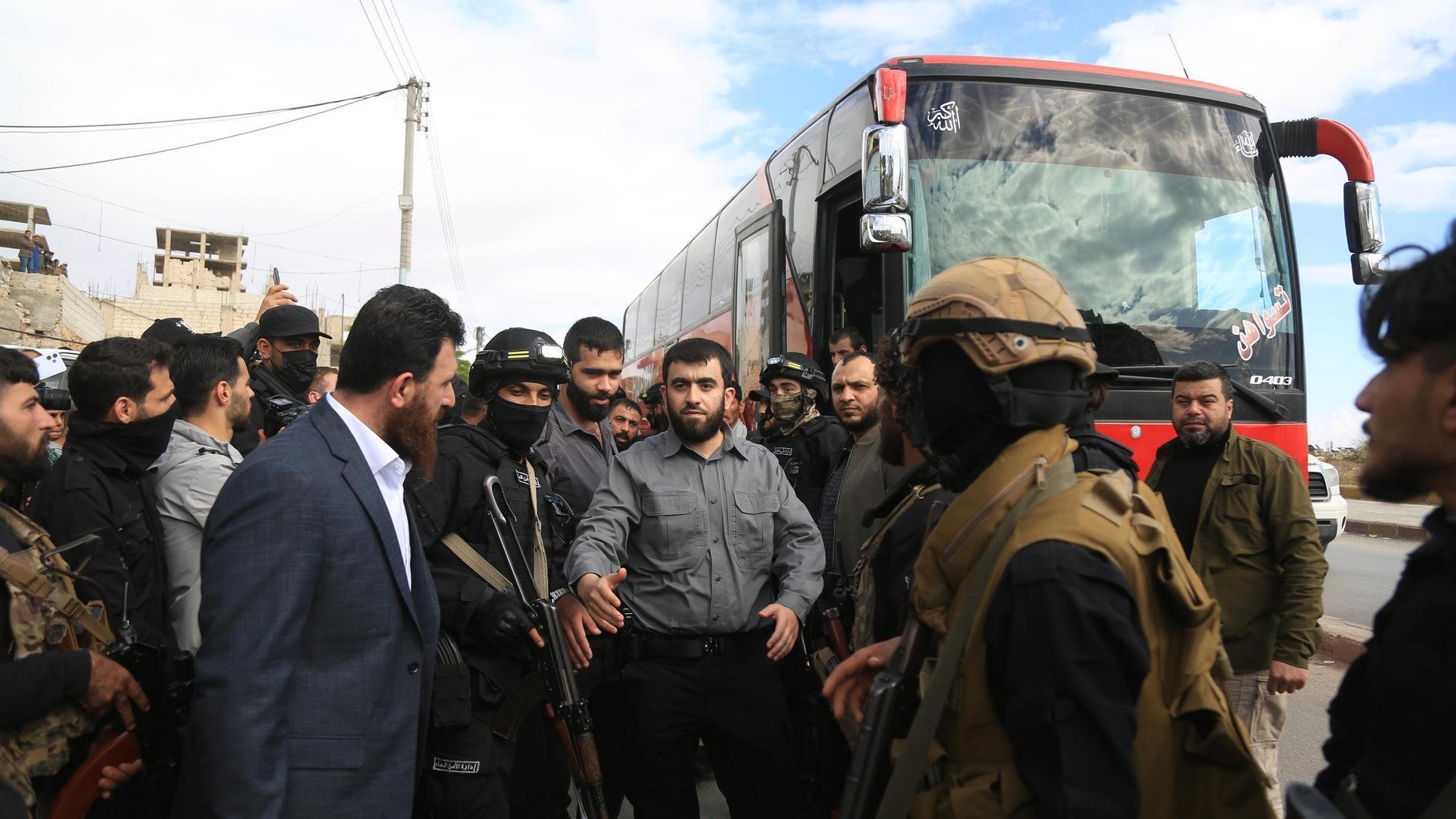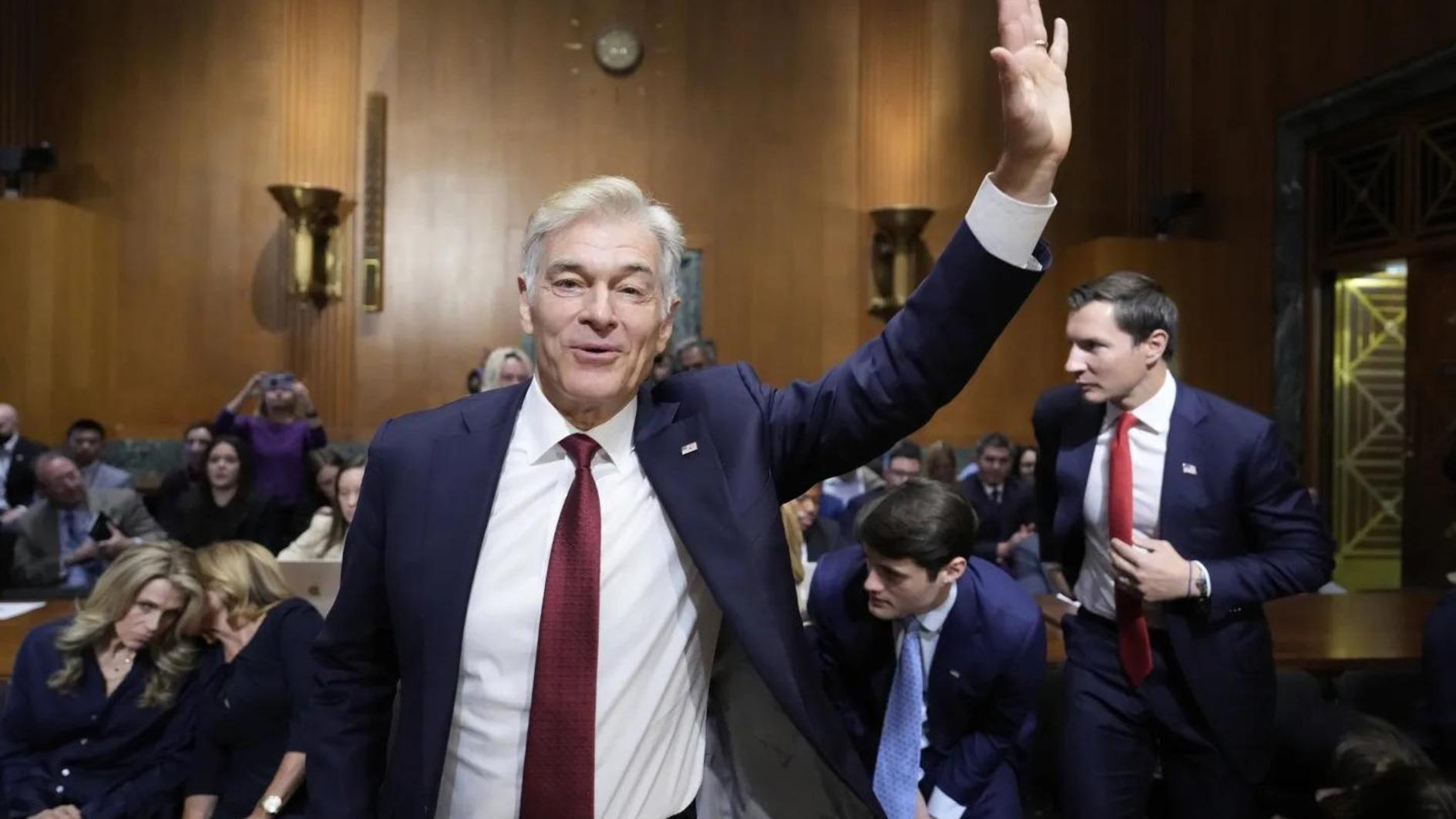Chronology of Oslo dialogues with PKK
ANKARA - Hürriyet Daily News

CHP spokesperson Haluk Koç says the PKK and AKP had signed an agreement in Oslo.
It is not certain whether meetings really took place in Oslo. Similar negotiations have taken place in the past in the Norwegian capital, and for this reason it is thought that the meetings between the outlawed Kurdistan Workers’ Party (PKK) and the government may have taken place there. How many meetings took place and who attended also remain ambiguous. The Turkish public was informed about the meetings a couple of times, but there was no substance.Main opposition Republican People’s Party (CHP) leader Kemal Kılıçdaroğlu referred to the talks with the PKK on Aug. 20, 2010, and underlined that he is not against talks with the PKK in principle. Prime Minister Recep Tayyip Erdoğan denied the claims with harsh language and even called those making the allegations “dishonored slanderers.”
Following the general elections in June 2011, a sound recording was leaked over the Internet. The deputy undersecretary of the Prime Ministry at the time, Hakan Fidan [who became the head of the National Intelligence Organization (MİT) later], MİT deputy undersecretary Afet Güneş, and three members of the European wing of the PKK, Mustafa Karasu, Sabri Ok and Zübeyir Aydar, attended the meeting. The publication was in September 2011.
On Sept. 14, Kılıçdaroğlu said: “It is understood that the meetings took place with the desire of Prime Minister Erdoğan. The language behind closed doors and in public is 180 degrees different. Erdoğan accused me with the heaviest words when I stated that there are some meetings. They are dishonored if they cannot prove it, he said. Now I wonder, who is dishonest?”
The prime minister answered on Sept. 19, saying, “The state had talks [with the PKK], not the government.”
Later on Sept. 26, Erdoğan said: “Talks [with the PKK] started during the tenure of Emre Taner [former MİT chief]. There are some reasons to put an end to the talks. We said stop as we saw some insincerity.”
In February 2012, Fidan, Güneş and Taner were invited to give testimony as part of the outlawed Kurdistan Communities Union (KCK) probe. It was speculated that the prosecutor aimed to ask about the Oslo talks. The bill that regulates the MİT was changed on Feb. 15 in a move to protect MİT officials from being obligated to testify. Giving testimony to prosecutors was subjected to the prime minister’s permission. Neither of the MİT officials went to testify. Erdoğan called Fidan “secretive” and said he would not let the judiciary finish him.
On June 1 this year, the CHP proposed launching an initiative to find a resolution to the Kurdish issue with two commissions; a joint parliamentary commission and another “wise people” committee to work with the parliamentary commission. The AKP responded positively to this offer while the MHP refused in principle. The Peace and Democracy Party (BDP) said they had not received any offer.
Diyarbakır independent deputy Leyla Zana met with Erdoğan on July 1, two weeks after she said that it was “Erdoğan who could solve Kurdish issue.” Zana suggested that talks with the PKK should restart.
Murat Karayılan, the leader of the PKK, told journalist Avni Özgürel on June 15 that “the solution was very close in Oslo” and that he was closely following the process.
On Sept. 18, 2012, CHP spokesperson Haluk Koç argued that the PKK and AKP had signed an agreement in Oslo and revealed the alleged documents.
Kılıçdaroğlu said on Sept. 21 that they are not against talks with the PKK in principle, but the content of the Oslo talks was problematic. “If arms will be laid down, then meetings should take place,” he said.
Zübeyir Aydar spoke on Sept. 24 and accused followers of Fethullah Gülen, an Islamic scholar who lives in Pennsylvania, U.S., of leaking the Oslo talks to the press. He stated that imprisoned PKK leader Abdullah Öcalan had drafted three proposals and submitted it to government representatives, but they had not received an answer.
















